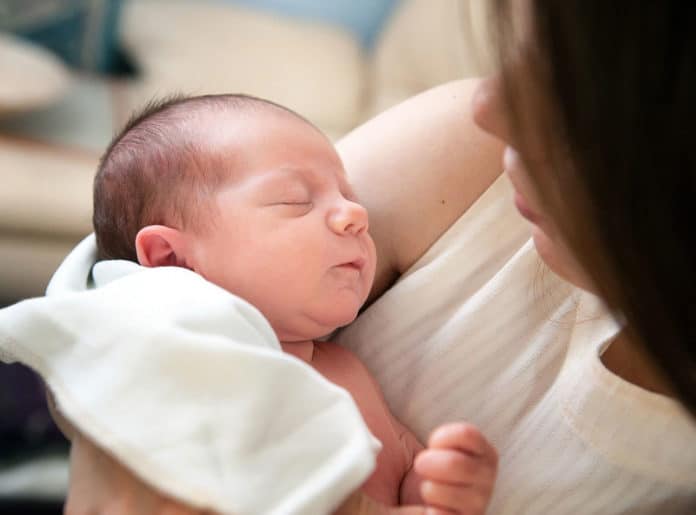Can mother’s milk help fight COVID?
A new study found the answer to this question. The study by the scientists from the University of Rochester Medical Center and New York University found evidence of COVID antibodies in the breast milk of vaccinated mothers.
Mothers with two types of immunity from COVID – disease-acquired (those who have contracted COVID and recovered) and mRNA vaccination-acquired – produced breast milk with active SARS-CoV-2 antibodies.
The study involved a convenience sample of 47 lactating mothers with infection and 30 vaccinated mothers.
It was found that the mothers who had disease-acquired immunity produced high levels of Immunoglobulin A (IgA) antibodies against the virus in breast milk, while vaccine-acquired immunity produced robust Immunoglobulin G (IgG) antibodies.
When scientists injected the milk samples with the live SARS-CoV-2 virus, both types of antibodies provided neutralization against SARS-CoV-2. This is the first time such evidence has been discovered for IgA and IgG antibodies.
Study co-author Bridget Young, Ph.D., assistant professor in the Division of Pediatric Allergy and Immunology at URMC, said, “It’s one thing to measure antibody concentrations, but it’s another to say that antibodies are functional and can neutralize the SARS-CoV-2 virus. One of the exciting findings in this work is that breast milk from both mothers with COVID-19 infection and from mothers receiving mRNA vaccination contained these active antibodies that we’re able to neutralize the virus.”
The study represents the longest time period that disease-acquired antibodies have been examined post-illness, and the results showed that these antibodies exist for three months after infection.
In vaccinated mothers, mild to modest decline was observed in antibodies.
Study co-author Kirsi Jarvinen-Seppo, Ph.D., M.D., Chief of Pediatric Allergy and Immunology at URMC, said, “The trend in breast milk antibodies aligns with what we see in vaccination sera, after a few months, the antibodies trend downward, but the levels are still significantly above what they were pre-vaccine.”
Scientists noted, “While the antibody response exists, it’s not yet shown whether these breast milk antibodies can provide protection against COVID for nursing children.”
Jarvinen-Seppo said, “The study does not imply that children would be protected from illness and breast milk antibodies may not be a substitute for vaccination for infants and children, once approved.”
Journal Reference:
- Bridget E. Young et al. Association of Human Milk Antibody Induction, Persistence, and Neutralizing Capacity With SARS-CoV-2 Infection vs. mRNA Vaccination. DOI: 10.1001/jamapediatrics.2021.4897
